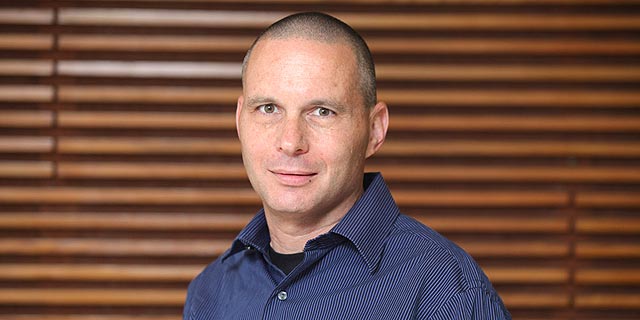
All innovation should be brought under one government ministry, urges science and technology minister
Former entrepreneur and tech investor called on the government to invest in the creation of a civilian space industry during Google and Calcalist's Startup Week
Zvi Zerahiya | 17:38, 13.09.20
“The government must adjust itself to the way things work in the Israeli innovation sector and unite all the agencies that deal with it under one ministry,” Israel’s Minister of Science and Technology Yizhar Shai said during an interview with Zvi Zrachia at Google and Calcalist’s Startup Week that was broadcast on Sunday.
“We are witnessing other governments around the world that have taken innovation as a subject unto itself with a dedicated Ministry of Innovation, In Israel, unfortunately, this hasn’t happened,” said Shai. "I don’t want to speak about myself, but there are a number of agencies and ministries who all deal with innovation and the innovation economy, and in an ideal world, they would all be operating under a single united body. I hope this happens in the coming years. Both the government’s inclination and the experts’ recommendations are to do that.”
Shai, who entered politics after a career in the tech and VC sectors added that “I still have to get used to the bureaucracy and navigating the corridors of power, but the government needs to adjust to the dynamic and efficient world of high-tech and innovation.”
Shai said he felt there was a shortage in the parliament and the government of people with a business and tech background. “Those who function in that ecosystem are used to the pace and style of doing things quickly and creatively, they’re used to having a direct link between what you do today and how it impacts tomorrow.” Shai said it takes some adjustment to get used to the slower, more methodic, and protocol-driven way of doing things in government. “I’m still adjusting. I entered politics in a very tumultuous time with lots of things going on,” he said.
Shai suggested that the government invest in the civilian space sector, applying its expertise from the military side to the commercial and civilian side. “It is a trend that is taking place around the world. We examined various international markets and have noted many companies that are growing civilian capabilities from technology originally designed for spying. We ought to invest in the infrastructure those types of companies require to enable new startups and a new industry to develop.”
Shai said his vision was that in a decade from now there will be an ecosystem of 350 space-related companies, similar to how things are now for the autotech industry. “It’s a cool and fascinating industry rich in research and trailblazing technologies. We can create 30,000-40,000 new jobs with a civilian space industry,” he concluded.